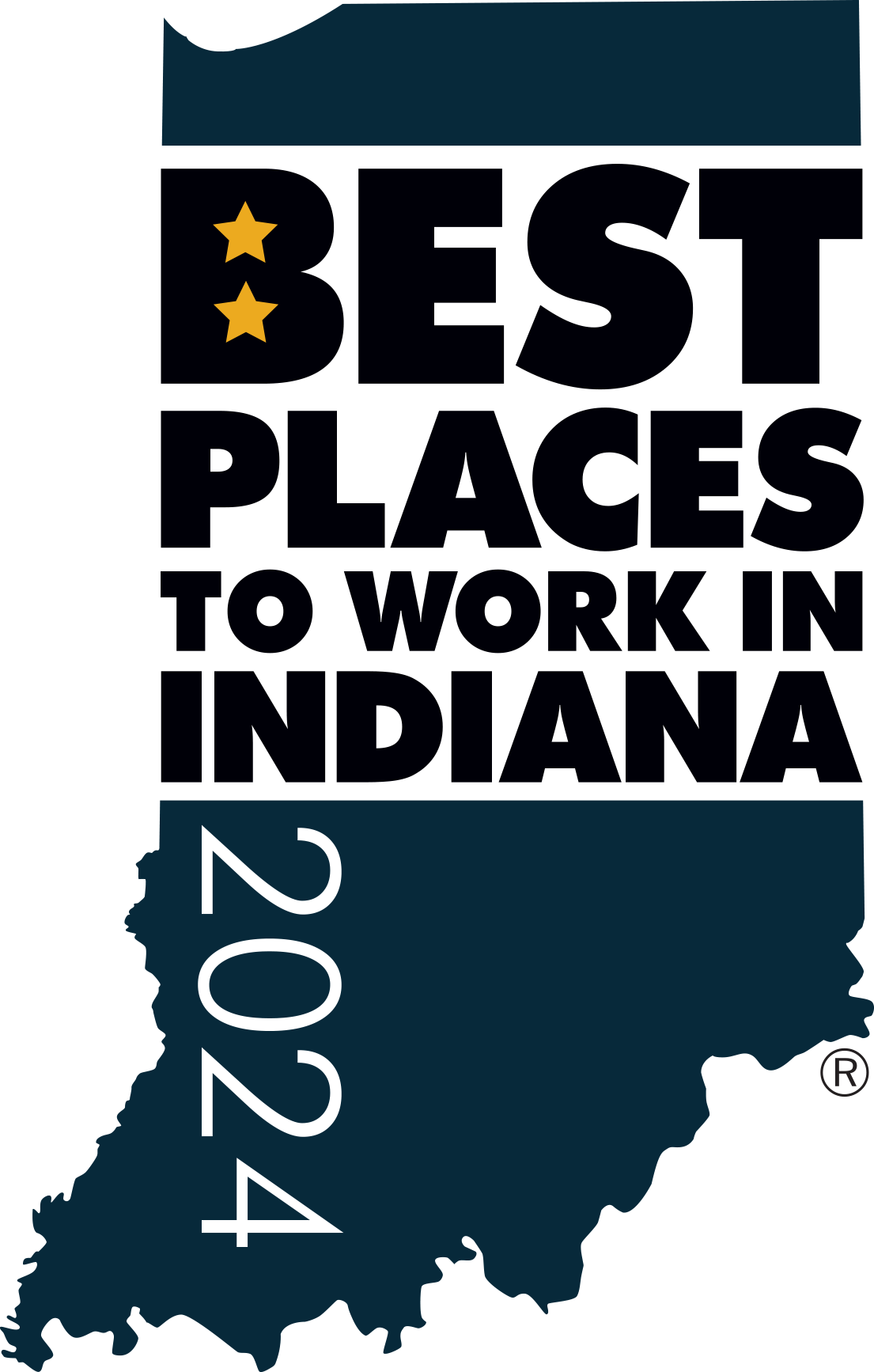Are We Addicted To Stress?
For many, pending deadlines and packed schedules are not overwhelming, but instead can be a driving force that pushes them toward greater productivity. We have processes to streamline, goals to achieve, promotions to earn, debt to eliminate, exercise regimes to master, dreams to chase, and people to help and inspire. The “I work best under pressure” mantra environment creates a Catch-22; we get frustrated with ongoing stress, but perform at the highest level of effectiveness and efficiency when under the exact stress we try to escape.
For some, busyness can be reassuring; a feeling of constant forward-motion and accomplishment is much preferred over being stagnant or empty. That reassurance can come with an eventual price – stress, while beneficial in moderate amounts, is harmful in excessive amounts, as are most things.
Can We Become Addicted?
The present hysteria is not an obligatory or inevitable condition of life; it’s something we’ve chosen, if only by our acquiescence to it. Heidi Hanna, author of Stressaholic: 5 Steps to Transform Your Relationship with Stress argues that multiple demands on our time and energy have created a neurochemical dependence on stress. By activating the dopamine reward center in the brain that feeds us feel-good endorphins, stress can temporarily boost performance, explaining why some appear to get so much done when under extreme pressure.
Just like a drug, the feelings of stress and preoccupation are extremely addictive. The transition between being hyper-busy to more reasonable levels of activity may be a foreign feeling and withdrawal symptoms may come along with it. When one becomes addicted to non-stop thinking, worrying, striving, efforting, achieving, straining and stressing, to allow oneself to be truly relaxed and simply breathe can be an adjustment. It may even feel boring!
Simplifying and Balancing
If you are a self-diagnosed “stress junkie”, start by asking yourself a few simple questions to be sure your efforts support your true intentions:
- What is it you really want to accomplish? How does your busyness support your end goals?
- What are the most important elements of your life? Your family? Your health? Your spirituality? How much time and focus are you dedicating each day to those elements?
- Do you control your day, your career, and your life – or do you find those things controlling you?
- What comfort do you find in being stressed? Why is it uncomfortable to be relaxed or reflective?
Break the Addiction
One suggestion is to evaluate, and then trim away, all of the non-essentials in your day. What are you involved with out of obligation that could be less frequent or eliminated entirely? How many social networking sites do you really need to update or check, and how often per day? What professional responsibilities could be delegated to others, but stay on your plate because “they’ve always been there”? Eliminating a few non-essential tasks or activities gives you the time and energy to invest in those things that are essential for your balance and wellbeing.
Make a list of all your current important projects that are not urgent, and then assign at least two one-hour slots a week to work on them. If you don’t begin to do some of the strategic work now, when will you? Sometimes we get so busy with the minutiae that we neglect the forward-motion activity required for true progress or change. Usually, the most important things in your life are not necessarily the most urgent. They don’t call you on the phone, put deadlines on your calendar, or knock incessantly at your door. They are often quiet – in the background – easy to forget and neglect. Schedule time for those important projects, and then schedule the nonessentials around them.
Consider dejunking your office or living environment. Get rid of physical items you don’t need from old magazines and newspapers, to clothes that don’t fit, to toys and movies that the kids have outgrown. When what you don’t need is out of the way, it takes much less time and energy to find the things you do need.
Add activities into your schedule that you enjoy, and be fully present as you’re doing them. You may feel you don’t have the time, but consider how much extra energy and motivation you receive from pursuing hobbies and gratifications, and how that energy might help you with your regular responsibilities.
Finally, stop trying to be all things to all people! It is okay to say “no”, or to set expectations as to when it is realistic for you to accomplish the task at hand. In today’s busy, demanding world, we will likely always have more to do than we can ever get done in a single day. Find joy and fulfillment in small achievements, day by day, and one at a time.
Finding People Who Make a Difference®
Creating the right team is critical to relieving stress and avoiding an extra workload. For more than 50 years, Sanford Rose Associates® has been committed to “Finding people who make a difference®” for its clients. To learn more about how we can create a synergistic and high-performing workforce within your organization, please reach out to your Sanford Rose Associates® executive search consultant today.
—Karen Schmidt

